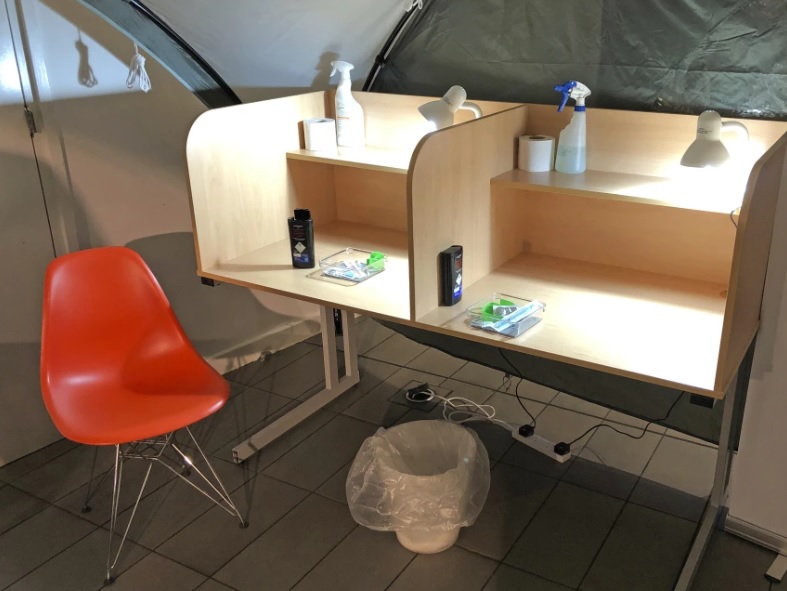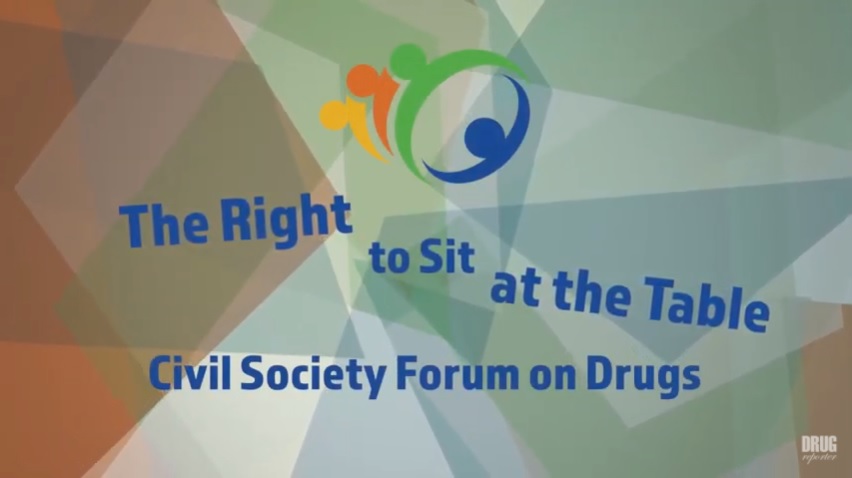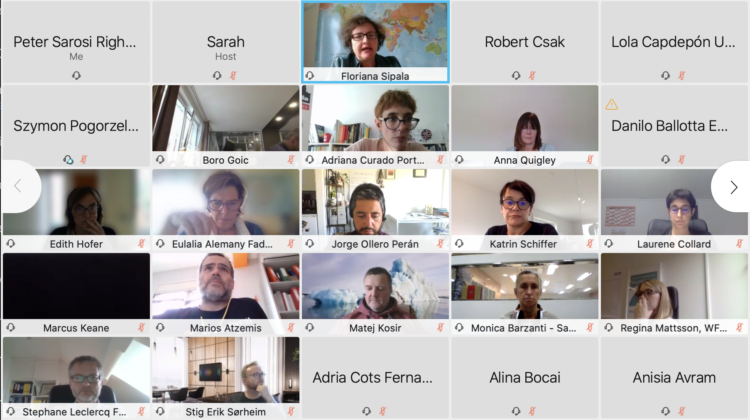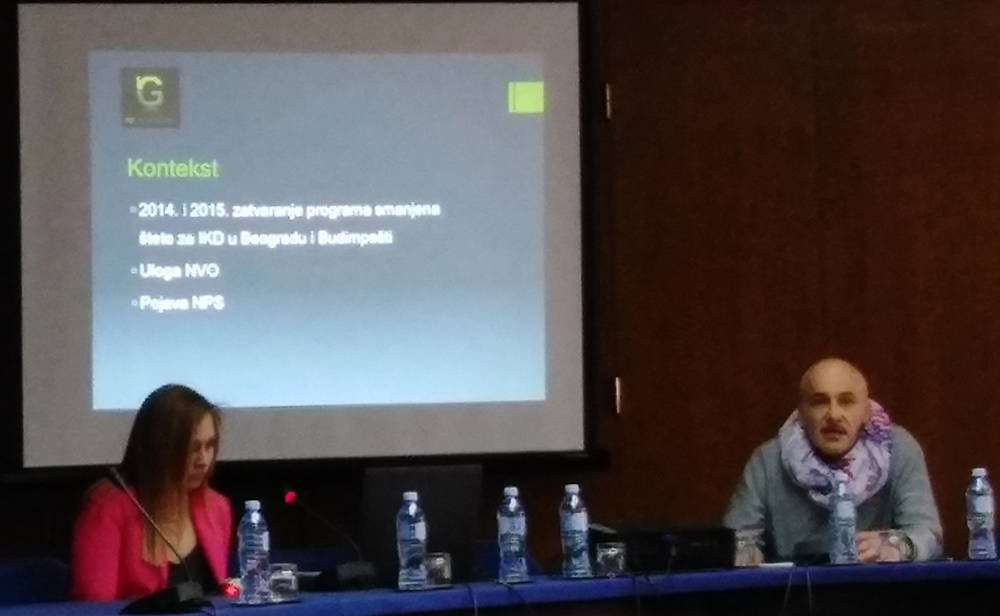Six organisations that will implement local advocacy project that won the support throught a BOOST call for proposals gathered for a workshop in Budapest, Hungary on 13 and 14 June. Workshop aims and objectives were to:
- Provide a comprehensive understanding of key advocacy concepts and the nuances of advocacy within the harm reduction field.
- Familiarize participants with the BOOST project’s aims, objectives, and activities, including the Advocacy Strategy.
- Review and improve local advocacy plans, emphasizing the community’s role in shaping and implementing these plans.
- Provide tools and resources for the development and implementation of advocacy
Our colleagues from ARAS (Romania) and HOPS (North Macedonia) were among them, together with BerLUN (Germany), HuNPUD (Hungary), R3 (Portugal) and XADUD (Spain).
Besides inputs on the BOOST project, Advocacy, How to engage communities developing and implementing communities, and Media advocacy, participants had the opportunity to present their projects and work with mentors to fine-tune their projects and plans for their implementation.

ARAS plans to use the Electoral Year 2024, which in Romania includes elections on different levels, to ensure long term political support for harm reduction funding at all levels.
HOPS prepared a project to ensure the financial sustainability of Harm Reduction Programs in North Macedonia. It is important because last years the Ministry of Health cut the budget for harm reduction programs by about 40%.

Participants and regional network representatives were interviewed about their advocacy projects by the Right Reporter Foundation, Budapest based organisation that is an expert in video advocacy. The video they shall produce will be disseminated via BOOST project and partners’ communication channels.






 The Civil Society Forum on Drugs (
The Civil Society Forum on Drugs (

 Péter Sárosi, the executive director of the
Péter Sárosi, the executive director of the 

